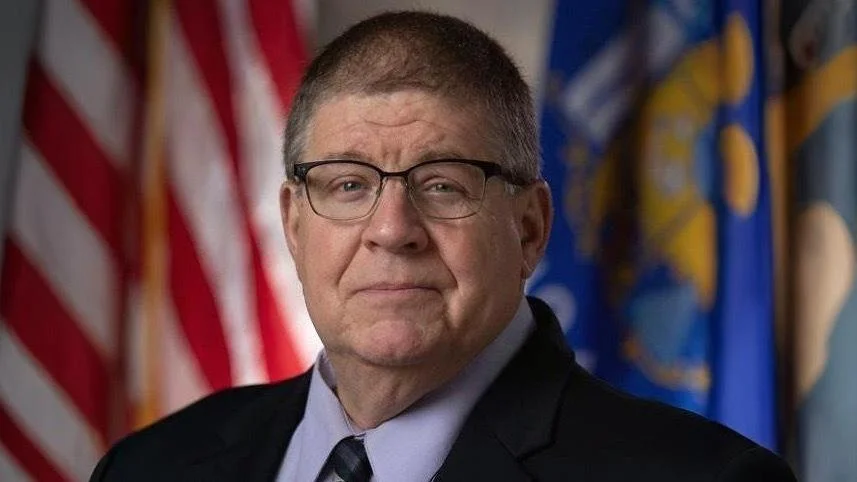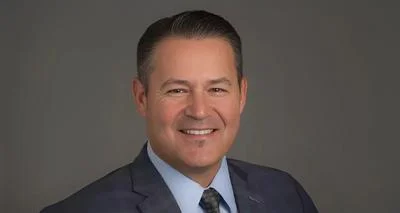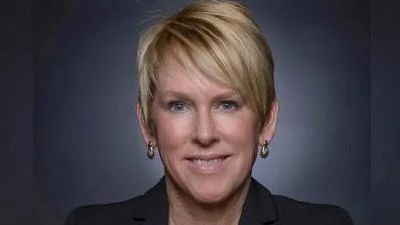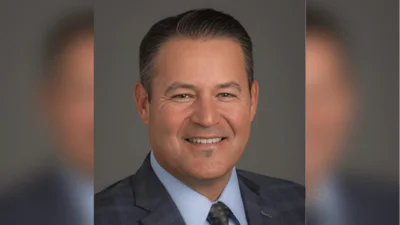David Armstrong, Wisconsin State Representative for 67th District | https://www.facebook.com/RepArmstrongWI/
David Armstrong, Wisconsin State Representative for 67th District | https://www.facebook.com/RepArmstrongWI/
According to the Wisconsin State Legislature's official website, the bill was described as follows: "financing the operating costs and certain out-of-state projects of nonprofit institutions and compensation of employees of the Wisconsin Health and Educational Facilities Authority. (FE)".
The following is our breakdown, based on the actual bill text, and may include interpretation to clarify its provisions.
In essence, this bill modifies the powers of the Wisconsin Health and Educational Facilities Authority (WHEFA) by allowing it to issue bonds to finance working capital for nonprofit institutions to cover operational costs. It also permits financing for out-of-state projects if the project owner, operator, or affiliate has a presence in Wisconsin. Furthermore, the bill increases the compensation cap for WHEFA's executive director from executive salary group six to eight, and for other employees from group three to five. These changes are aimed at expanding the financial and operational flexibility of WHEFA to support nonprofit institutions more effectively.
The bill was co-authored by Senator Dan Feyen (Republican-20th District), Representative Daniel Knodl (Republican-24th District), Representative Rob Kreibich (Republican-28th District), Representative Todd Novak (Republican-51st District), and Representative Clint P. Moses (Republican-92nd District). It was co-sponsored by Senator Kristin Dassler-Alfheim (Democrat-18th District) and Senator Jesse L. James (Republican-23rd District).
David Armstrong has co-authored or authored another 19 bills since the beginning of the 2025 session, with none of them being enacted.
Armstrong, a Republican, was elected to the Wisconsin State Assembly in 2025 to represent the state's 67th Assembly district, replacing previous state representative Rob Summerfield.
In Wisconsin, the legislative process starts when a senator, constituent, group, or agency proposes an idea for a bill. After drafting, the bill is introduced, numbered, and referred to a committee for review and public input. If approved, it moves through three readings and votes in both the Senate and Assembly. Once both chambers pass the same version, the bill goes to the governor, who can sign it, veto it, or let it become law without a signature. Only a small share of bills introduced each session ultimately become law. You can learn more about the Wisconsin legislative process here.
| Bill Number | Date Introduced | Short Description |
|---|---|---|
| AB63 | 02/24/2025 | Financing the operating costs and certain out-of-state projects of nonprofit institutions and compensation of employees of the Wisconsin Health and Educational Facilities Authority. (FE) |
| AB59 | 02/24/2025 | The use of federal capitalization grant funds for lead service line replacement. (FE) |
| AB53 | 02/24/2025 | Special circumstances battery to a community service officer and providing a penalty |
| AB41 | 02/17/2025 | Local regulation of vegetable gardens |
| AB35 | 02/17/2025 | Withdrawal of candidacy for certain offices filled at the general election and providing a penalty. (FE) |
| AB21 | 02/06/2025 | Technical colleges’ lease of their facilities to others. (FE) |
| AB12 | 02/06/2025 | State agency status for certain physician assistants and advanced practice nurses who provide services without compensation for local health departments or school districts. (FE) |





 Alerts Sign-up
Alerts Sign-up